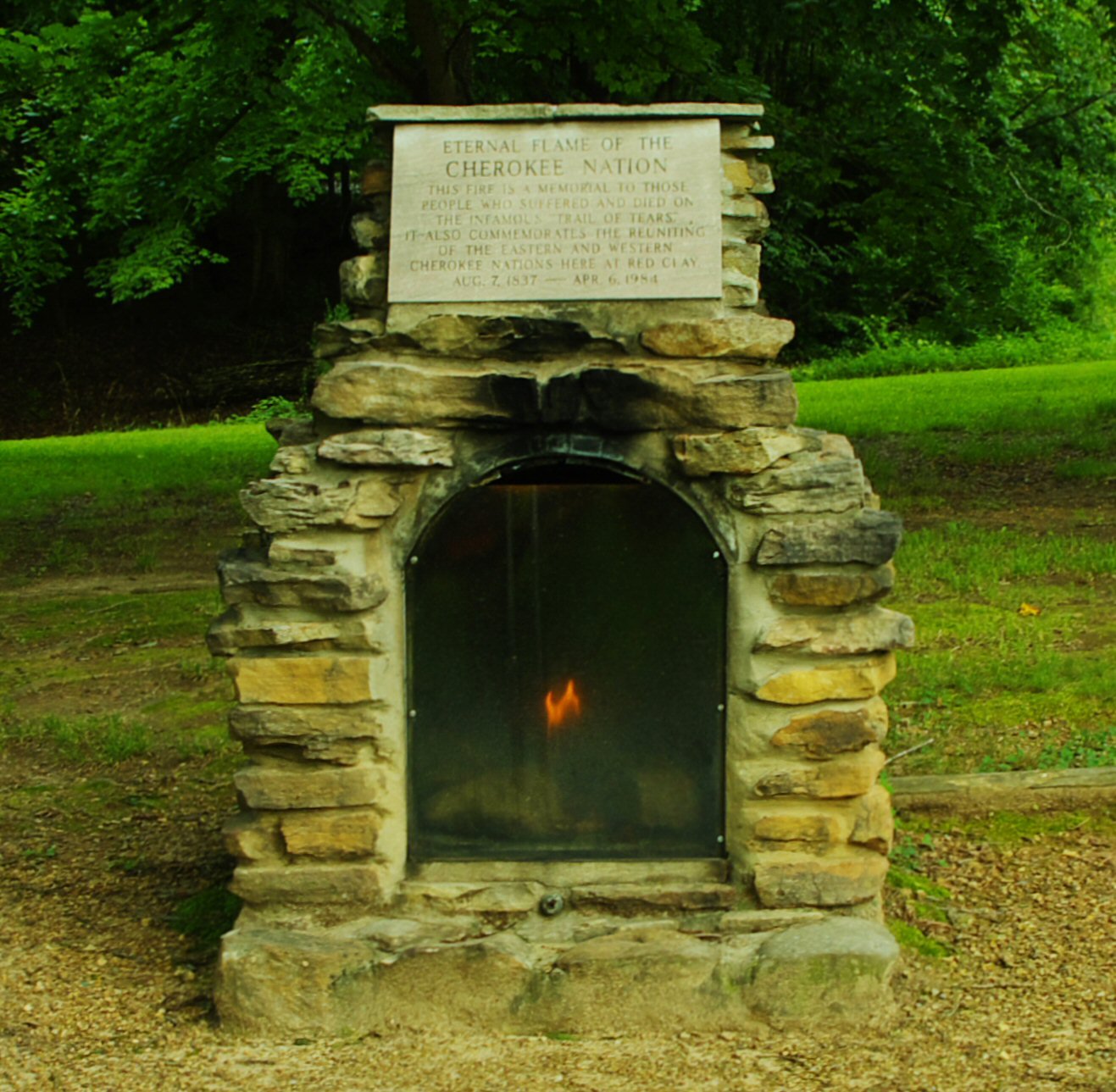Self-Imposed Crippling Frustration Under a Wave of Social Justice Advocacy
It was Saturday night when I knew I'd smudge myself and my house with sage the next day. There had been a build up. With the media exposure of police shootings and the new energy for social justice as a response, I was caught up in the energy. But not without personal justification. Under Trump's toxic atmosphere, my beloved Cherokee community quickly became as divisive as the rest of America.

I started to hear comments that I hadn't heard before, and this time from the mouths of racially white Cherokees. What happened? Why were dark skinned and full blood Cherokees so viscerally hated? And all of a sudden?
Well, it wasn't all of a sudden. This divide between full-blood, half-blood, and racially white has been a part of Native communities for a long time. We can go back as far as the initial reservation era of the 1800s. Take Quanah Parker (Comanche) for example, who is depicted in the image above. He was half white and half Comanche. While the Comanche people did not elect Quanah as their spokesperson, the U.S. government made it clear to the tribe that Quanah would be the only person they were going to deal with. So the Comanche chiefs who were elected inside the community were ignored, while Quanah was selected by those in power.
Why do Natives only gain access when we display an allegiance to white supremacy?
It's unfortunate how we can't overcome this history, where race determines power, as opposed to ability, talent, and strength. Ta-Nehisi Coates writes, “But race is the child of racism, not the father.” And we've heard since the 1990s that "race is a social construct." But then again, everything humans do is a social construct, and this particular construct has murdered millions, enslaved millions, and continues to oppress millions today.
So why was I hearing comments? Why were decisions being made that had full blood Cherokees scrambling? All of a sudden I was reminded of my teen years growing up in Tahlequah, when Cherokees were murdered for being Cherokee, when Cherokees talked about the underground culture in hushed tones, and when Cherokees all too often contorted ourselves under the boot heels of white supremacy.
Then as an adult I moved away for a decade.
When I returned to Tahlequah in 2015 I found a very different Cherokee Nation. There were liberal white Cherokees displaying themselves as allies to "identifiable" Cherokees. There was more willingness to engage and the blatant racism that I once encountered had seemed to disappear.
Then Trump was elected.
Slowly there was an erosion. I started to hear more and more underhanded comments about "identifiable" Cherokees, which is a new white supremacist term for targeting anyone who has traditional Cherokee phenotypes: Dark skin, high cheek bones, strong jawlines, narrow eyes. More and more of my racially white peers would say "Indian this" and "Indian that," and I'd think to myself, "I thought you were Indian." But according to the UNSPOKEN racial line, they were not Indian like "identifiable" Indians. Racially white Cherokees were somehow superior. This language grew and grew over the last four years until it reached a point recently where racially white Cherokees were blatantly and openly talking about "Drunk Indians" and how "identifiable" Cherokees were criminals. The tone was etched with superiority, leaving dark skinned and full blood Cherokees feeling like we had no power, like we were being targeted. And you have to understand, the majority of enrolled Cherokees are racially white. It's not a spectrum, not even close. Those of us who live and work here know the truth. "Identifiable" Cherokees are the minority. Cherokee Nation's racial makeup is identical to the U.S. The darker your skin, the harder your life.
I watched full bloods in my circles cower and back down when racist comments were made. Completely silenced. And half-bloods who have a full-blood parent biting their tongues. Some of us have spoken up, but it doesn't come without feeling like we're going to receive retaliation, retaliation for asking people to not say "drunk Indian." Can you believe that? Basic human decency. It's frustrating that we have to beg to be treated like people. It's frustrating that I have to remind folks that we're human beings. Why is it so extreme to have respect reciprocated? Why would I have to say, "I can't breathe," when it should be obvious that racism is a social choke hold?
I started writing this post wanting to write about how I needed to let go of the frustration, how maybe it was crippling me to think about it. More or less, blaming myself. But now? I wonder if racially white Cherokees ever think about crippling their own supposed brothers and sisters? That's what we're supposed to be, right? Brothers and sisters? We all come from "One Fire," right? If so, why do they make comments like their not Native? Why do they limit how many dark skinned Natives get positions of power? Why do they fear dark skin so much that they'll have just one or two "tokens" to keep in their back pockets? If we all come from "One Fire," why did I have to write this fucking post?

(Images were borrowed from commons wikipedia)